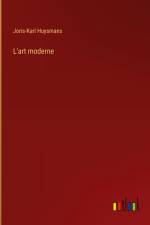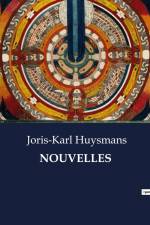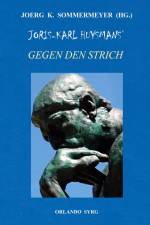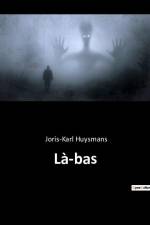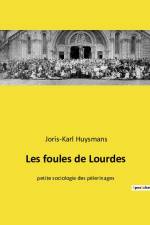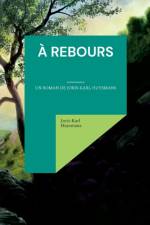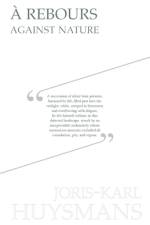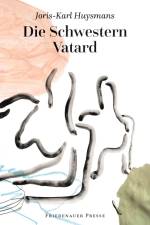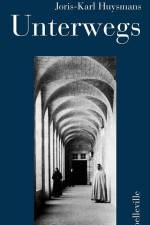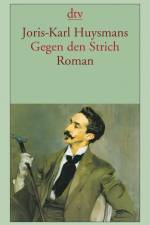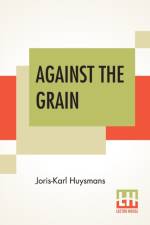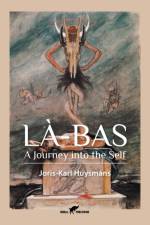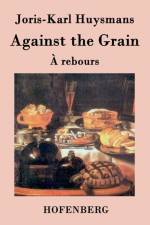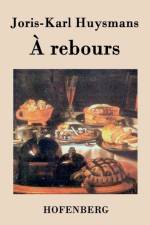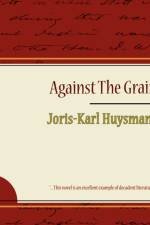von Joris-Karl Huysmans
39,80 €
Bekannt wurde der französische Schriftsteller Joris-Karl Huysmans (1848-1907) in Deutschland vor allem durch seine Romane "À rebours" ("Gegen den Strich", 1884) und "Là-bas" ("Tief unten", 1891) bekannt. "À rebours" gilt als eines der wichtigsten Zeugnisse der literarischen Dekadenz des Fin de siècle, sein Protagonist, der dem Ästhetizismus verfallene Dandy Jean des Esseintes, als Inbegriff des "décadent". In "Là-bas" wandelt der Schriftsteller Durtal, fasziniert von Satanismus und schwarzer Magie, auf den Spuren des Kinderschlächters Gilles de Rais, der wegen seiner zahllosen Verbrechen und blutrünstigen magischen Rituale im 15. Jahrhundert verbrannt wurde. In beiden Romanen ist allerdings auch schon der Keim angelegt für Huysmans' Hinwendung zum Glauben, der 1892 in die Konversion zum Katholizismus, mehrfache Klosteraufenthalte und, ab 1900, im Leben als Oblate mündet.Seine Hinwendung zum Katholizismus hat Huysmans in der Trilogie des Glaubens: "En route" (1895), "La Cathédrale" (1898) und "L'Oblat" (1903) literarisch verarbeitet, in der er sein jahrelanges, von immer neuen Zweifeln erfülltes Ringen um den Glauben beschreibt. Wiederum wird Durtal zu seinem alter ego, der die Stationen dieser spirituellen Autobiographie noch einmal stellvertretend durchlebt. Eine zentrale Rolle spielt dabei die Kunst, in "La Cathédrale" insbesondere die Architektur am Beispiel der Kathedrale von Chartres, in "En route" die Sakralmusik in Form des Cantus planus und des Gregorianischen Gesangs: "Letztlich war Durtal durch die Kunst zur Religion zurückgeführt worden. Mehr als sein Lebensekel war die Kunst der Magnet gewesen, der ihn unwiderstehlich zu Gott hingezogen hatte. An dem Tag, an welchem er aus Neugier, um die Zeit totzuschlagen, in die Kirche gegangen war und dort nach so vielen Jahren des Vergessens die Teile der Totenvesper schwer hatte herabfallen hören, während die Chorsänger sich abgewechselt und einer nach dem anderen wie Totengräber die Verse geschaufelt hatten, war seine Seele zutiefst erschüttert worden." Und trotzdem: "[.] beten? Ich habe nicht das Verlangen danach; der Katholizismus lässt mir keine Ruhe, benebelt von seinen Weihrauchschwaden und seinem Kerzenduft, schleiche ich um ihn herum, zu Tränen gerührt von seinen Psalmodien und Gesängen. Mein Leben ekelt mich an, ich bin meiner überdrüssig, aber deswegen ein neues Leben zu führen ist doch ein großer Schritt!"In Deutschland ist diese Trilogie kaum zur Kenntnis genommen worden. Das mag an der sehr katholischen Thematik liegen. Dennoch geht von diesen Romanen eine große, nicht zuletzt auch sprachliche Faszination aus. Während es von "L'Oblat" bis heute keine deutsche Übersetzung gibt, wurde "La Cathédrale", der bekannteste Roman der Trilogie 1923 von Hedda Eulenburg ins Deutsche übersetzt und 1990, gründlich überarbeitet von Susanne Farin, erneut veröffentlicht. "En route" wurde 1910 von dem Theologen Albert Sleumer unter dem Titel Vom Freidenkertum zum Katholizismus übersetzt, allerdings mehr in Form einer recht freien Paraphrase, manches auch zusammenfassend, und mit zahllosen Auslassungen, die von einzelnen Sätzen und Absätzen bis hin zu längeren Passagen von bis zu zwei Seiten reichen (insgesamt fehlt etwa ein Viertel des Textes). Es ist daher überfällig, diesen Roman endlich in einer erstmals vollständigen Neuübersetzung vorzulegen.Erstmals (vollständig) aus dem Französischen übersetzt von Michael von Killisch-Horn.

